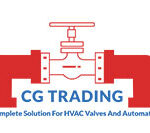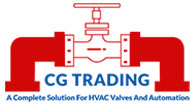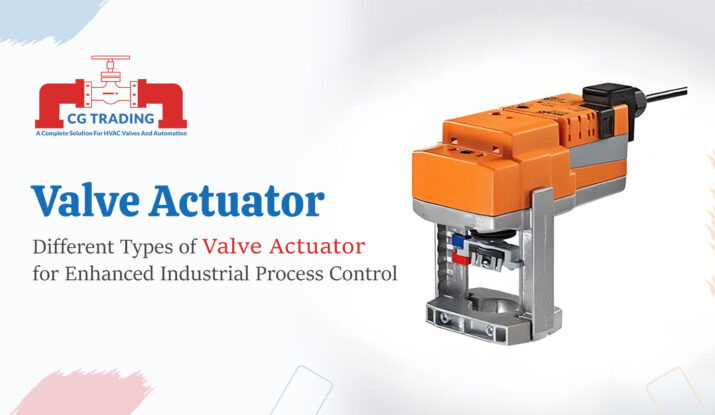Valve actuator are key components in a variety of industrial applications, allowing valves to be controlled automatically. They provide the force required to open, close, or vary valve positions, allowing for precise control of fluid flow. Whether it’s in oil and gas, chemical processing, or water treatment plants, precise control over valves is essential for optimal operation and safety. In simple words, valve actuator facilitate the movement and positioning of valve to regulate flow.
Valve actuator are classified into several categories, each of which uses a different mechanism to achieve the desired valve movement. In this post, we will look at the most popular types of valve actuator and their applications.
Types of Valve Actuator
Types Of Valve Actuator Based On Source of Energy
Pneumatic Actuator
Operating on compressed air, pneumatic actuators are popular for their simplicity, reliability, and quick response times. They are ideal for applications requiring fast valve operation, such as emergency shutdown systems or pneumatic control valves in industrial settings. Pneumatic actuator offer precise control and are relatively low-cost, making them a go-to choice in many industries.
Electric Actuator
Electric actuator utilize electric motors to drive valve movement. They are well known for their versatility, offering precise control over valve positioning and torque output. Electric actuator are well-suited for applications where continuous modulation and feedback control are crucial, such as in HVAC systems, power plants, and pharmaceutical manufacturing. Additionally, they are often favored for their ease of integration with digital control systems.
Hydraulic Actuator
Hydraulic actuator utilize the power of hydraulic fluid to actuate valves. Known for their high force output and robust performance, hydraulic actuator excel in heavy-duty applications where large valves or high operating pressures are involved. Industries such as mining, marine, and aerospace rely on hydraulic actuator for their superior force capabilities and reliability under extreme conditions.
Spring-Return Actuator
Spring-return actuator utilize a spring mechanism to return the valve to a predefined position in the event of power loss or system failure. They are commonly used in fail-safe applications where maintaining a specific valve position is critical for safety or process integrity. Spring-return actuator provide an added layer of reliability and ensure fail-safe operation in critical systems.
Types Of Actuator Based On Motion-Generated
Rotary Actuator
Rotary actuator are designed to rotate valves through a specified angle, rather than linearly actuating them. They are commonly used in applications requiring rotary motion, such as ball valves, butterfly valves, and dampers. Rotary actuator offer precise control over rotational movement and are available in pneumatic, electric, and hydraulic variants to suit different requirements.
Linear Actuator
Linear actuator, as the name suggests, facilitate linear motion in valves. They are utilized in applications where linear movement is necessary for proper valve operation, such as gate valves, globe valves, and control valves. Linear actuator come in various forms, including pneumatic, electric, and hydraulic, offering flexibility in design and implementation.
The Best Quality Valve Actuator From Leading Manufacturers
CG Trading is a supplier, trader, exporter, and distributor trading firm providing high-quality valves working in the HVAC, firefighting, and industrial segments. We supply products from Indian and International brands, namely Advance Valve, Audco Valves, Baumer, Belimo Valve Actuator, Danfoss Automation, ESAYFLEX, Honeywell Valves and Automation, Industrial Valve, Intervalve, Johnson Control, L & T Valve, Normex, PP Valves, Rotex. In addition, we fulfill industrial demands instantly and at the most reasonable prices.
Conclusion
Selecting the right valve actuator type is crucial for achieving optimal performance and reliability in industrial process control systems. Each actuator type offers unique advantages and is suited to specific applications based on factors such as operating environment, valve size, response time, and control requirements. Moreover, engineers and plant operators must understand the strengths and limitations of different valve actuator types to make informed decisions to enhance process efficiency, safety, and productivity. Contact us to buy the best products!

CG Trading
CG Trading is the leading supplier, trader, exporter, and distributor in the valve industry. We specialize in providing high-quality valves for the HVAC, firefighting, and industrial sectors.

